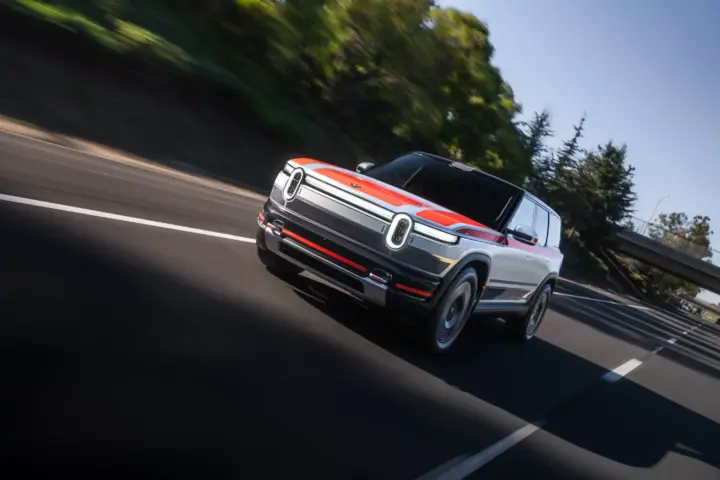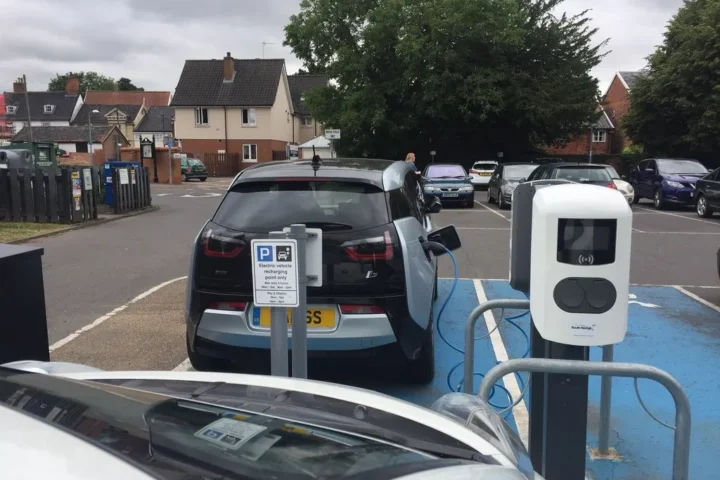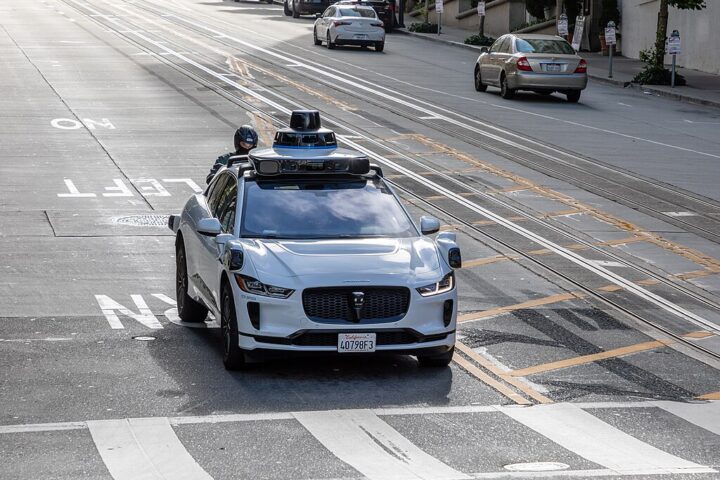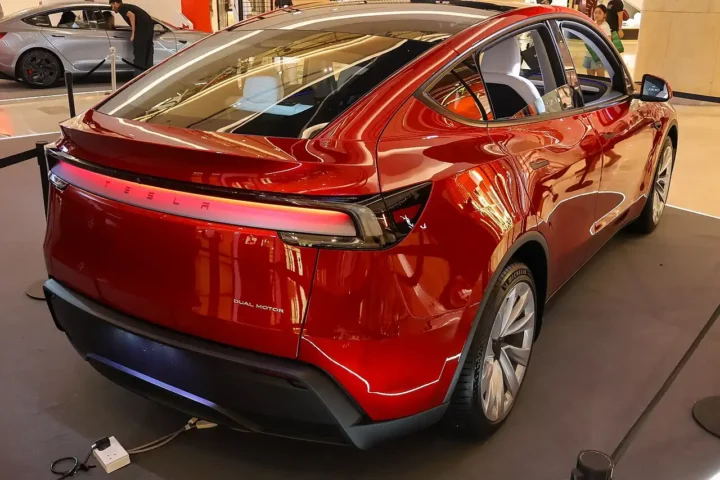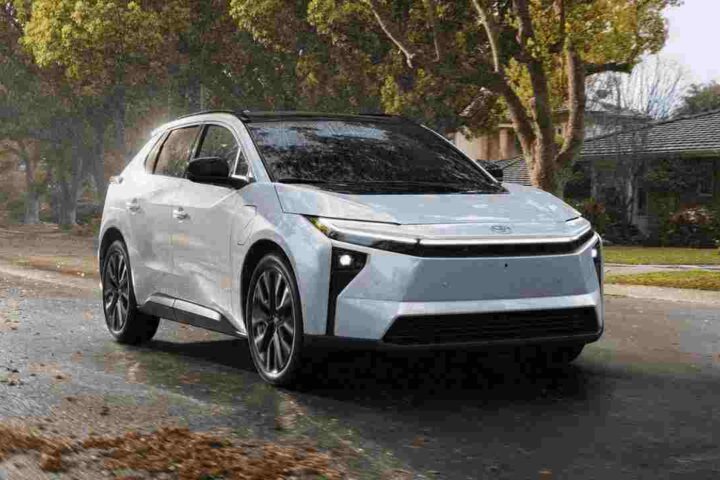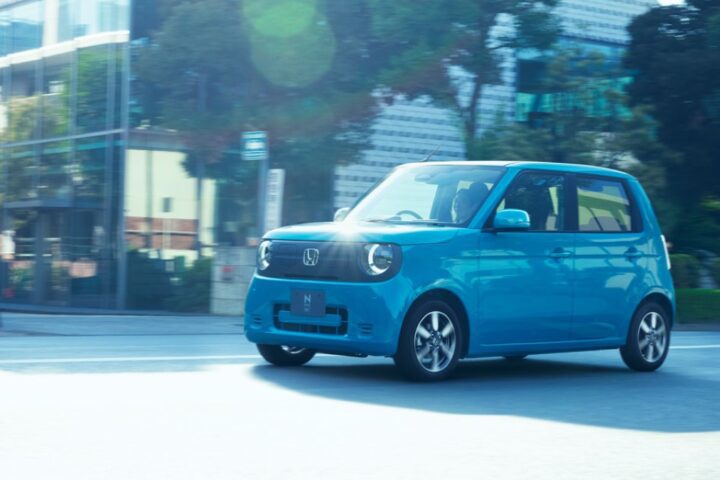Tesla has unveiled cheaper versions of its two most popular vehicles – the Model 3 sedan and Model Y SUV. The new “Standard” trims are priced around $5,000 below the previous base models, a move aimed at boosting sales after the $7,500 federal electric vehicle tax credit expired on September 30.
The Model 3 Standard starts at $36,990, while the Model Y Standard is priced at $39,990. These prices are about $5,000–$5,500 cheaper than the Premium trims, with effective starting prices (including fees) of ~$38,630 for the Model 3 and ~$41,630 for the Model Y.
“The cheaper versions are aimed at propping up sales after a federal tax credit for electric vehicle purchases expired,” noted Jack Ewing in The New York Times.
Similar Posts
To achieve these lower price points, Tesla removed several features. The Standard models come with textile seats instead of leather, fewer speakers (seven versus fifteen plus a subwoofer), no rear touchscreens, and manual steering wheel and side mirror adjustments. The Model Y Standard also loses its front light bar, a distinctive feature of the more expensive versions.
Despite the lower prices, some analysts point out that the new Standard models still cost more than they would have with the federal tax credit just a week ago. Gary Black, managing partner of the Future Fund investment firm, expressed concern that the new models would mainly take sales from higher-priced trims. “The volume generated will be mainly cannibalization from higher-priced trims,” Black stated on social media.
Tesla’s shares fell approximately 4% following the announcement, suggesting investors were disappointed by the lack of a completely new model or a truly affordable EV in the $25,000 range that CEO Elon Musk had previously hinted at.
The Model 3 and Y Standard versions still offer a competitive range, with Tesla claiming 321 miles per charge on the standard 18-inch wheels. They maintain the same 15.4-inch center infotainment screen as pricier versions and can still use Tesla’s extensive Supercharger network, charging at slightly reduced speeds compared to premium models.
Tesla faces growing competition from both traditional automakers and Chinese manufacturers. General Motors offers the Chevrolet Equinox EV starting around $36,495 (including destination), while the Nissan Leaf begins at $29,990. Hyundai recently lowered the price of its 2026 Ioniq 5 to $35,000 for the base model.
The company reported record deliveries for the third quarter, but analysts attribute this surge to customers rushing to purchase vehicles before the tax credit expired. The new Standard models will begin deliveries in November/December for the Model Y and December/January for the Model 3.
For buyers concerned about overall costs, it’s worth noting that insurance premiums and repair costs for Teslas can be higher than for conventional vehicles, potentially affecting the total cost of ownership despite lower fuel and maintenance expenses.



